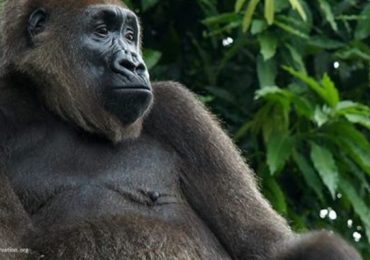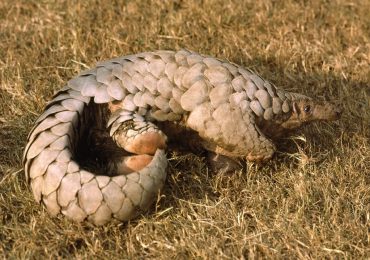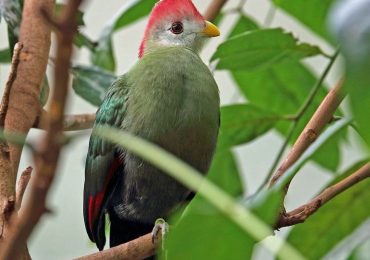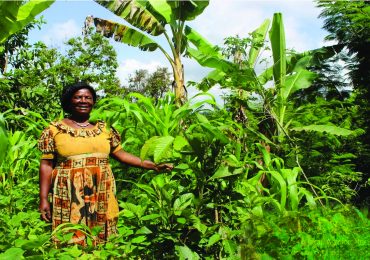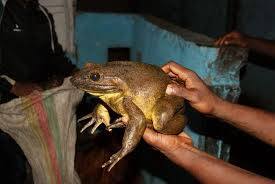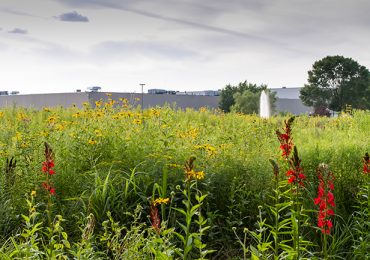For the past two decades, tremendous efforts have been put in place by the Environment and Rural Development Foundation (ERuDeF), in partnership with the government of Cameroon to conserve the rich biodiversity of the Lebialem Highlands, but the outbreak of the Anglophone crisis put everything on halt. ERuDeF through consultation meetings felt the conservation of great apes and other threatened wildlife species in these target area is very crucial. This is why ERuDeF has not relented efforts, lobbying for funding to develop alternative conservation strategies to define the future of the great apes’ population in the areas through concerted actions to be implemented in close collaboration with community Rangers.
Since the intensification of the ongoing arm conflict in the Southwest and Northwest Regions of Cameroon in 2017, most of these activities have been on a standstill. More so, over 30000 of the population in the Lebialem Landscape fled to the Western Region of Cameroon for safety. However, over 15000 of the population still leave in the suburbs where the military cannot have accessibility to the villages in the Lebialem Highlands.
The recent raid in the Lebialem by the Cameroon military saw thousands of village populations fleeing for safety in the forest as reported by one of the Rainforest Trust project staff, a community ranger conducting research and biomonitoring, this is just the resurgent as most of these people have returned from the forest as the crisis was less intensive in the area. The frequent running of masses into forest greatly affect the unsustainable exploitation of natural resources in this landscape. This ties to fact all conservation activities in the area have been totally halted. ERuDeF is working tirelessly to secure funding and provide livelihoods to the population and reduce over dependency on natural resources in the area and the poaching of wildlife species
The Lebialem Highlands is located on the mountainous North Eastern part of Southwest Region. It is bordered to the East by West Region, South and South West by the Banyang – Mbo Wildlife Sanctuary and North by Momo Division in the Northwest Region. Lebialem Highlands is a global biodiversity hotspot. The Highlands’ dense, lush rainforests have been blessed by four flagship species, three of them primates: The Critically Endangered Cross River gorilla of which less than 300 remain in the wild; the Endangered Nigeria-Cameroon chimpanzee (Pan Troglodytes ellioti), the most threatened of chimp subspecies likely numbering fewer than 6,000 individuals; the drill Preuss’s guenon as well as the Vulnerable African forest elephant as reported Nkembi et al. 2006 and IUCN 2009.



